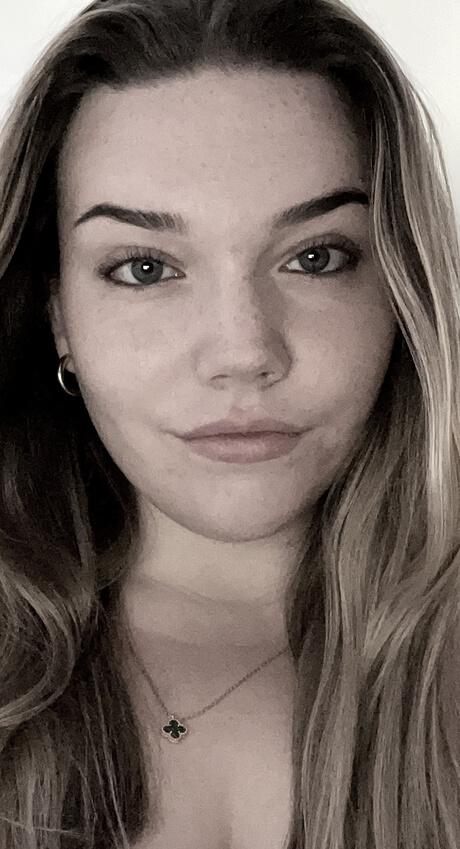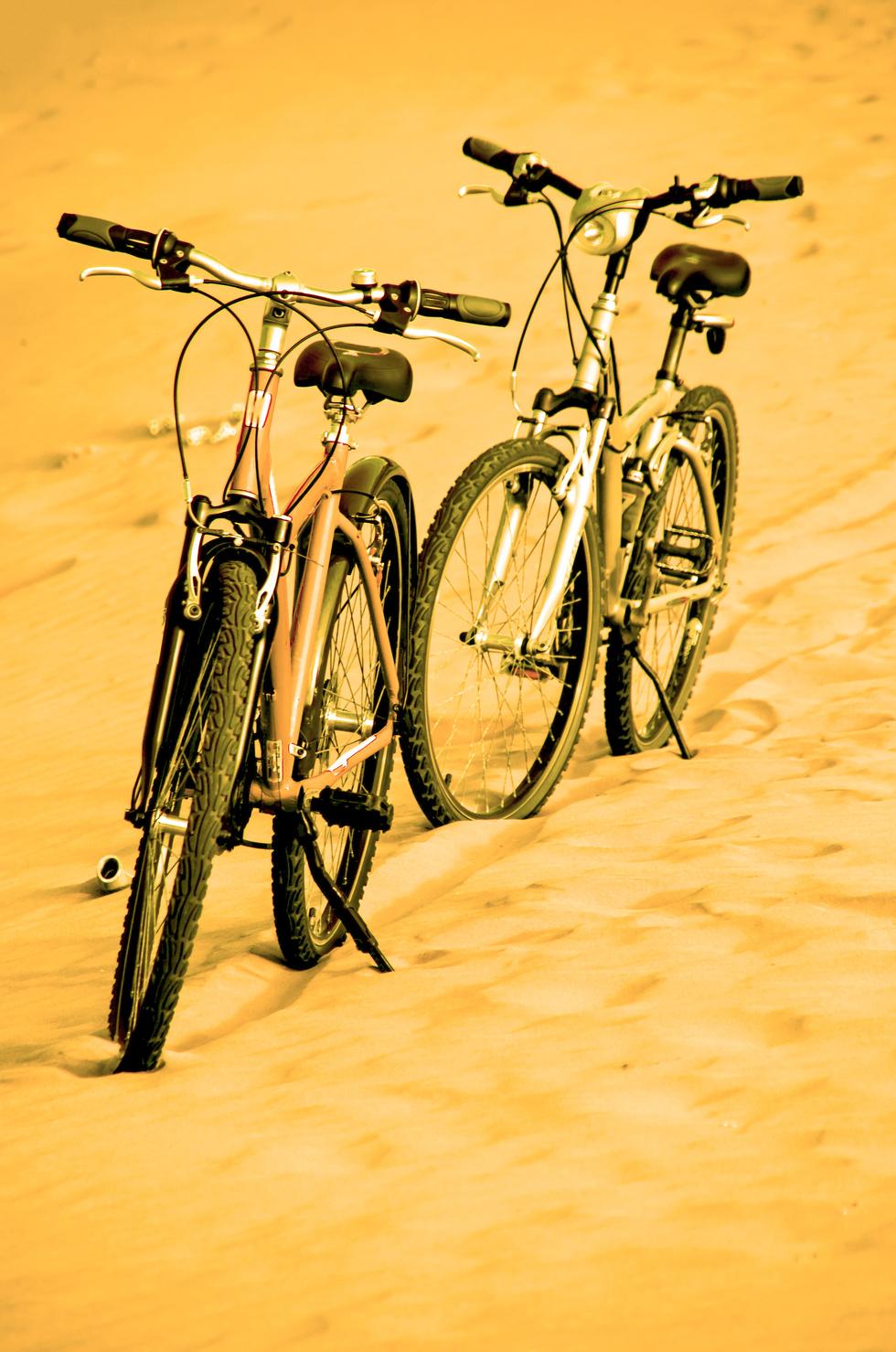
7 minute read
THE QUARAN-FIFTEEN
March 13th of 2020, the notorious day when all of our lives were changed as a global pandemic struck. As we were fixated on TV screens, Covid rates, Tiger King episodes, whipped iced coffee, and cloud bread, there was a whole new pandemic forming in and of itself, a surge in eating disorders and mental health issues across the globe.
I think we all have some story from March 13th and can remember what happened the day our lives changed. I was in school; I even made a TikTok about the day after our final full upper school assembly with our computers out, teaching us how to properly use zoom and the rules about attending virtual school for the next two weeks. But then, everything in the world stopped, and it forced me to reflect on myself.
Advertisement
The start of the pandemic was during the height of my Anorexia. At this time, the thing I consumed the most was iced coffee and caffeinated liquids rather than food. I also avoided eating during school hours, considering I was too occupied from eight to six every day. However, that changed while we went into quarantine, considering I was no longer obligated to physically go somewhere for nine hours a day. I was forced to confront my issues with food head-on with the beginning of a pandemic and going through caffeine withdrawal. I didn't have a way to distract myself and had to face the repercussions of my actions and self-harming behaviors.
One thing I did was start cooking, which is something I never do. I was trying to eat, which was a huge improvement for me, considering at that point, under any other circumstance, there was pretty much no chance I was going to try and prioritize nourishing myself. I was on a pretty good streak for the first few weeks, and I was very proud of myself, but unfortunately, that didn't last as long as I hoped.
The two-week break that we were supposed to have turned into over a month and lasted the entire third trimester of my sophomore year until the summer. With that being said, as the school year was concluding, it contributed to a lot more stress while constantly in my room as I felt as if I was losing control and began spiraling back into my old habits.
All of this new free time led to me feeling somewhat worthless and trapped. I couldn't control anything whatsoever, and I started to punish myself again as I had before the pandemic.
I found myself beginning to exercise a lot. Many of you probably remember the Chloe Ting challenge that occurred at the beginning of quarantine. I tried it but unfortunately failed. So I began relying on other forms of exercise and developed a habit of biking.
Normally, biking is recognized as a more leisurely form of exercise and as a form of travel rather than intense cardio, but before I knew it, I was biking at least 14 or 15 to even 20 miles a day.
I would just bike and bike and bike because it got me out of my house away from my family and distracted me. I thought it was beneficial and was helping me and no one else viewed it as an issue because they didn't consider biking "exercise. "
What I didn't take into account was the fact that I was also barely eating again. One day, it was close to 100 ° with a very high UV index, and I went out with no water and without having eaten.
I went on the same trail that I had gone on almost every single day, and about eight miles into it, I honestly felt that I was about to collapse. The only other times I felt like this was when I would go a long period without eating and would have blurry vision every time I walked up a flight of stairs (which I had talked about in my story in issue 1).
I had convinced myself that I shouldn't care about how much energy I was burning on these several-hour bike rides because I was eating more.
When I was doing it, I never felt the need to stop. In the 17 years that I've been alive, there have only been a few times when I needed to stop while biking. The first time was when I tried biking four miles during my life where I was overweight and struggling with binge eating disorder and now on a blazing hot day in the middle of a trail where I only had two options.
I could either keep biking forward to the end of the trail, which brought me to the middle of the city or go back towards my house. My heart was racing in this heat, and I stopped and sat on a bench. A few minutes passed, and I began to reflect on what I was doing to my body and convinced myself that it would be much worse if I didn't go back now. I made it to the main road about 2 miles from my house. I even tried to get water from McDonald's but then learned that they would not serve people on bikes in the drive-thru. At that moment, I got a call from my dad, and he asked where I was because I had been gone for so long, and I had yet to update him. I didn't give much detail, but he offered to come and pick me up at this McDonald's, so he did, and he put my bike in the back of his car.
We ended up going through the drive-thru anyway. I got my water and a kid's happy meal, and let me tell you, I felt a lot better sitting in the air-conditioned car and going back home than I would've if I had kept going in the other direction. Still, I went home that night, and I took a long shower because I had been dripping in sweat and couldn't stop thinking about the fact that I didn't have anyone that I could talk to about this, or so I felt at that moment.
Unfortunately, my habits did not change much, and I continued to spiral until September, when school started again virtually. I distinctly remembered my first day of junior year and after the first day of classes feeling petrified and going on another one of my long bike rides.
I came home that night, and I stood in the kitchen after realizing I hadn't eaten anything, so I started to make a box of mac & cheese that I found in the pantry. As I waited for the water to boil, I started to cry because I felt as if I couldn't do it.
How was I supposed to handle the most difficult year of high school if I couldn't even handle my relationship with food? I couldn't stop crying, and my dad overheard me and went to hug me. He tried to assure me that it would be OK and that I could do it and I could handle the year, but it didn't change how I felt at that moment.
As school started, I had less time to go on these long bike rides; I began to feel the physical effects of what I was doing to my body once again. Still, this time it was a combination of how I had initially felt with the true long-term impact of an eating disorder.
I convinced my dad to put me back into eating disorder therapy and talk to someone about the issues that I was having. But, unfortunately, when we view eating disorders on social media or what we may hear about them, it often doesn't include full detail on the physical impacts they can have or what recovery can cause.
Three years ago, I never imagined that I would have consistent problems like struggling with extreme bloating and gas, weight fluctuations, constipation, vitamin deficiencies, breakouts, muscle loss, fatigue, etc. and other symptoms that people don't seem to recognize as part of long term effects of eating disorders.
One thought I had reminded myself throughout this process is the fact that eating disorders don't just go away overnight. It's a constant battle, but we can try to do many things to help prevent other people from struggling with the same issues, including finding ways to cope with stress while trying to heal properly.

There isn't just one cause of an eating disorder; a complex combination of factors can cause them. There are many different types, but that doesn't mean there's only one valid form of an eating disorder. The reality is that anyone can develop an eating disorder. Trying to combat societal norms and diet culture is difficult but not impossible. It is a group effort that needs to be made.






